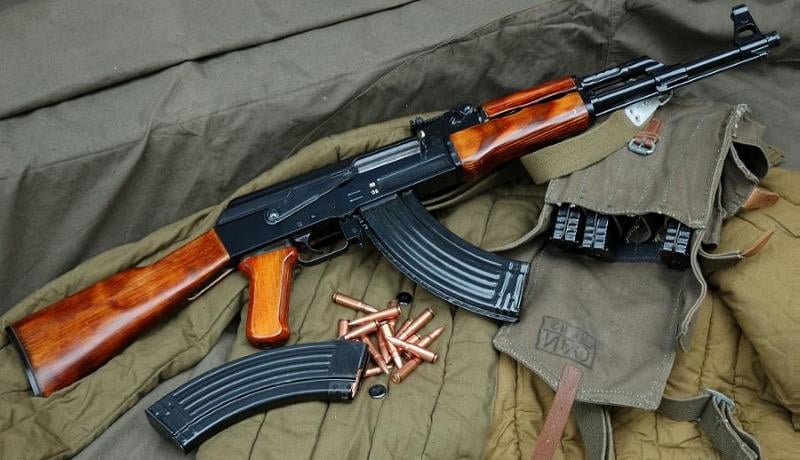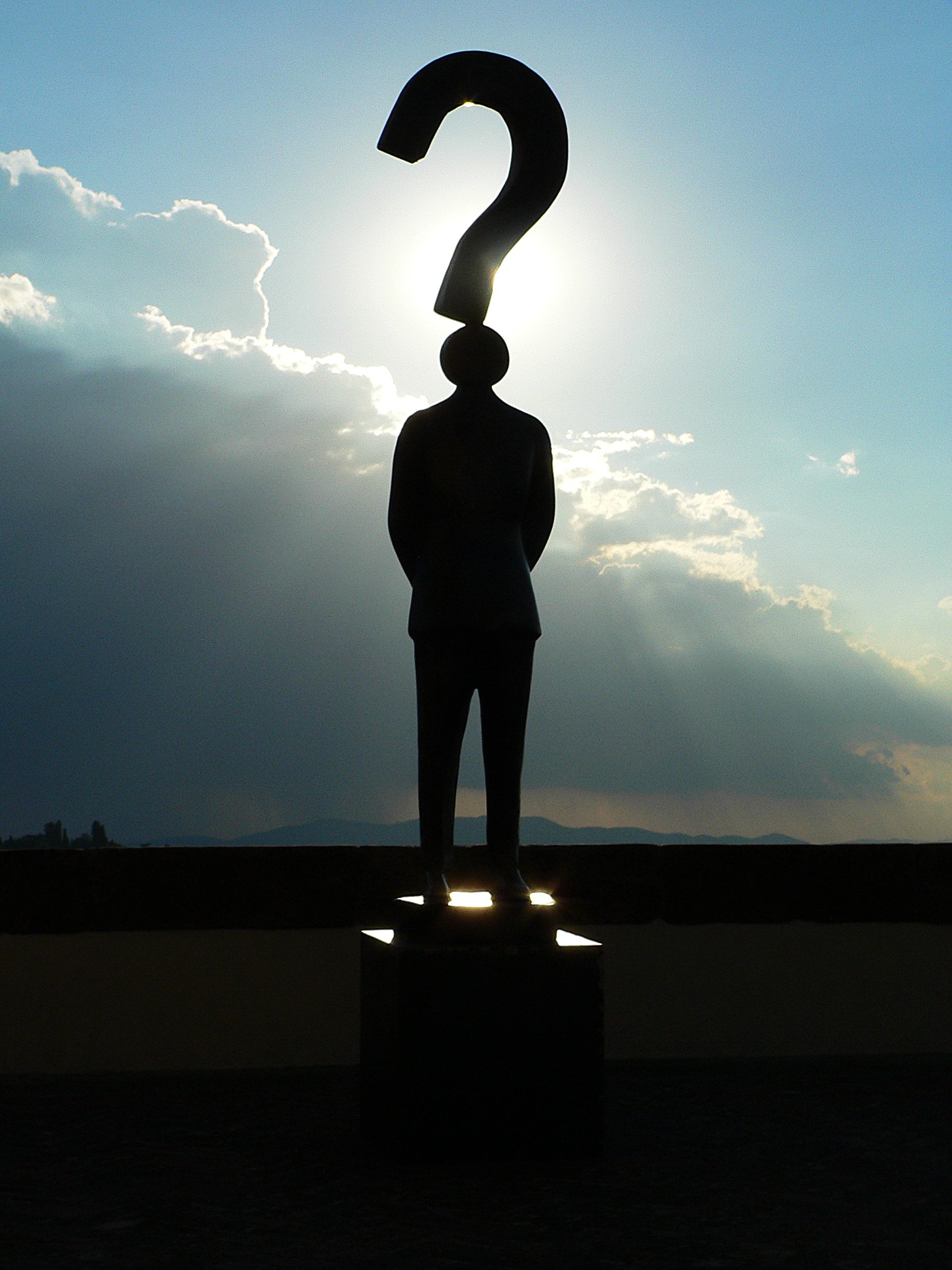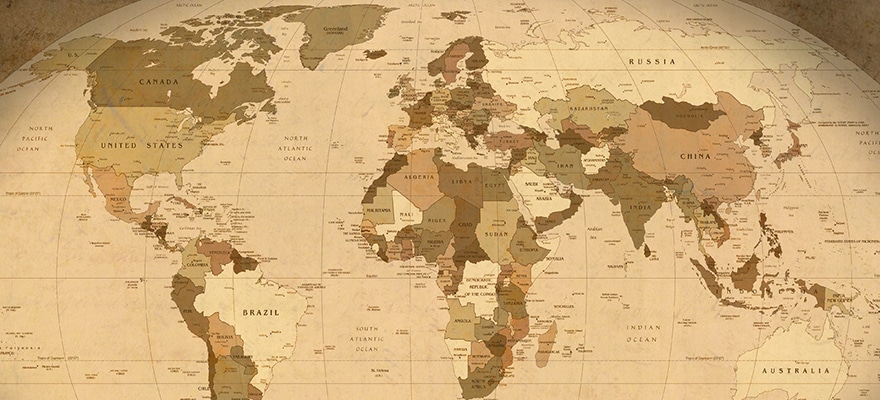Princeton University studies determined that the US is a plutocracy where the political influence of the economically wealthy dominates US policy-making. I find intensely repugnant Paul Krugman's statement that in the US of today, rich dumb kids have a better chance of success than do smart poor kids.
Without getting bogged down in ideology, I would like to advance the important subject of how to advance economic development spurred by global entrepreneurship. The importance of entrepreneurship and globally-transacting SMEs is that they facilitate a more egalitarian spreading of wealth than do plutocracies, oligarchies and tyrannies. If democracies do not find ways of becoming more economically egalitarian, then the worst fears that we have about Marxism and socialism as alternatives to free market capitalism will come true.
Commodities and Diversification
Russia until very recently was in dismal economic straits. This commodity-dependent economy was badly in need of diversification as the global economic slowdown resulted in a waning demand for the oil and gas which represent the lion's share of Russia's exports (the lion's share of the bear?).
The collaboration of Vladimir Putin with his brilliant central bank chairwoman, Elvira Nabiullina, have saved both the ruble and the Russian economy.
To quote from Bloomberg, panic reached the inner sanctum of the Russian central bank.
It was Dec. 16 -- the day Russian traders would later christen Black Tuesday -- and the ruble was in a freefall.
“Intervene! Intervene!” a central bank official shouted.
Governor Elvira Nabiullina watched the currency on her tablet screen react to her emergency rate increase. No, she said, not this time: Russia would no longer fight the market. Speculators needed a cold shower, she said.
That daring decision, related by two people with knowledge of the meeting, has begun to pay off for Nabiullina, 51, and her patron, President Vladimir Putin. Despite sanctions meant to punish Russia for its foray into Ukraine a year ago, the ruble has stabilized. Since Black Tuesday, when it plunged to a record low, the ruble has rebounded 19 percent against the dollar, the most among 24 emerging-market currencies.
Russia still confronts a painful recession brought on by the collapse in oil, and many of its banks are hurting. But for now, at least, the economy has stepped back from the abyss. Finance Minister Anton Siluanov last week declared the worst was over.
Inside the central bank, near Red Square, the lull passes for victory. Nabiullina no longer has to squander foreign-Exchange reserves in vain attempts to prop up the ruble. Now she faces the equally daunting task of binding up the wounded economy.
Direct Line
While her central bank is nominally independent, analysts agree Putin is ultimately in charge. Yet Nabiullina has emerged as a power in her own right, with a direct line to the president.
Nabiullina isn’t afraid to speak up. When aides urged Putin to impose capital controls last year, she fought against the move and pushed for a freely floating ruble, according to people with knowledge of the matter. Putin heeded her advice -- and then let Nabiullina sort out the details.
“It was a historic moment because she convinced Putin to accept a market solution to a problem that threatened the whole banking system,” UBS AG Russia Chairman Rair Simonyan said. Russia might well have veered into economic isolation, he said.
What Nabiullina came up with turned out to be one of the biggest financial gambles of Putin’s 15-year rule. First she raised interest rates to punishingly high levels, lifting the benchmark rate to 17 percent from 10.5 percent in one stroke. Then she stepped back from intervening on the currency market.
Central Banks and Economic Diversification
The thesis of the deterministic effect of central bank direction is highly misleading. It is Putin who has played a central leadership role in the economic diversification of Russia. By making incursions into Crimea, eastern Ukraine and Syria, Putin has served as the principal advertiser and marketer of Russian weapons, from Kalashnikovs to APCs, to aircraft.
Whereas the US is particular as to the types of governments we sell to, Russia and China are not. Chinese weapons have not done well on or off the battlefield. The transmissions of Chinese trucks and APCs made in China, fall apart in 6 months, as my Ghanaian clients report.
This reputation for manufacturing junk does not compare well to more durable Russian, German, Swedish, Czech and American-made hardware. Cummins diesels and Allison transmissions are prized all over the world as are German Leopard tanks, H&K assault rifles and Kalashnikovs. I have sold Navistar trucks to Turkmenistan and know a thing or two about engines and transmissions.
Oligarchies, plutocracies and tyrannies have found ways of diversifying their economies but the suffering of the millions of refugees from war and abuse bear vibrant testimony to the need to find a better way of diversifying moribund economies. The unemployed youth of the affected regions of the world turn too quickly to drugs and terrorism as forms of both employment and adventure.
Youth is wasted on the young but so are economics and ideology if they do not result in gainful employment.


















